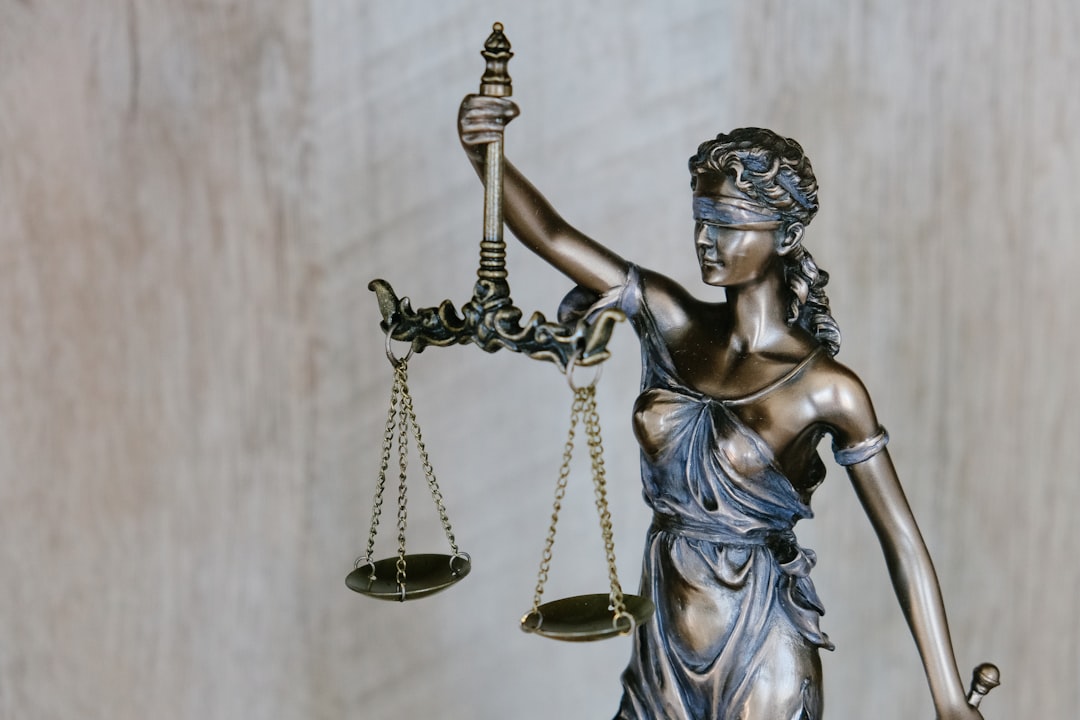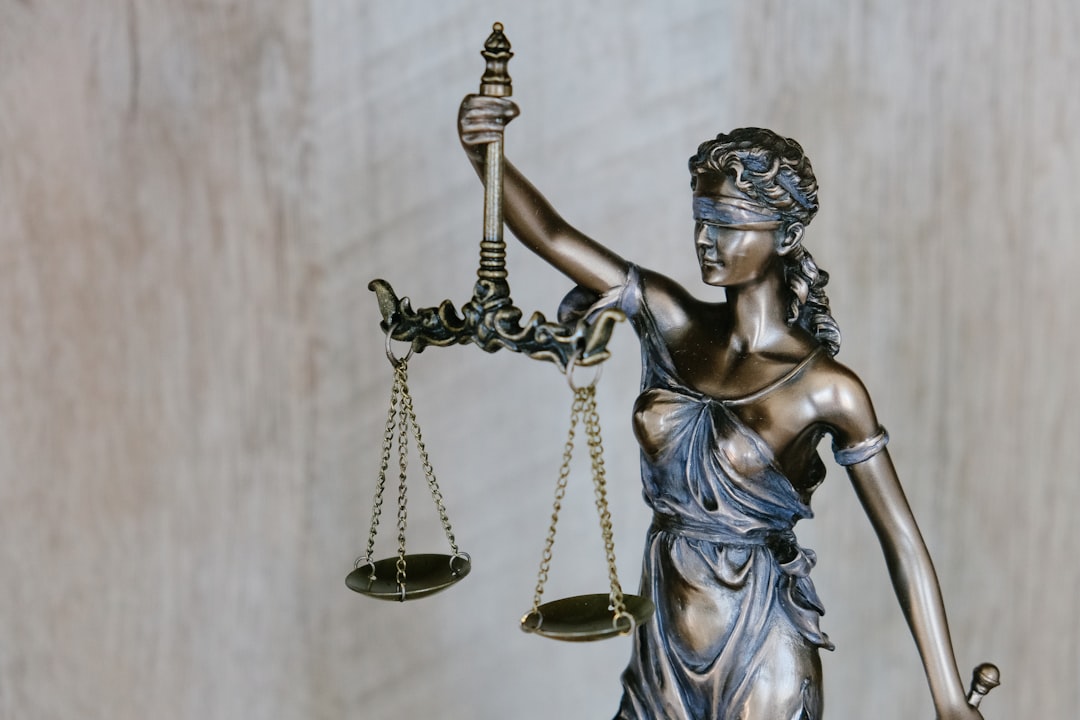In Pennsylvania, strict laws and dedicated rape attorneys protect individuals from sexual assault in tattoo studios. These regulations, enforced by experts, include consumer protection guidelines and clear definitions of sexual offenses. Tattoo artists and owners are required to maintain safe environments, obtain informed consent, and report suspicious activities. Rape attorneys are vital resources for victims, offering guidance through complex legal processes and helping them seek justice. To foster safer practices, clients should research studios, verify sterilization protocols, understand consent, and trust their instincts, while also being aware of their rights and reporting concerns to rape attorneys in Pennsylvania.
In Pennsylvania, understanding the legal framework surrounding sexual assault in tattoo studios is paramount for both clients and artists. This article delves into the state’s laws, highlighting the crucial role that rape attorneys play in navigating these regulations. We provide a comprehensive Bethlehem Guide focusing on safe tattoo practices, ensuring a secure environment for all involved. By exploring these aspects, we aim to empower individuals and foster a culture of awareness and responsibility within the industry.
Pennsylvania's Legal Framework on Sexual Assault in Tattoo Studios

In Pennsylvania, the legal framework regarding sexual assault in tattoo studios is as stringent as it is comprehensive. The state has put in place strict regulations to protect individuals from any form of non-consensual sexual contact or behavior within the confines of a tattoo establishment. These laws are enforced by dedicated rape attorneys across the Commonwealth who specialize in defending victims’ rights and pursuing justice.
The Pennsylvania General Assembly has enacted several pieces of legislation aimed at ensuring safety in tattoo parlors, including the Uniform Commercial Code (UCC) which provides guidelines for consumer protection. Furthermore, the state’s Sexual Offense Law defines and penalizes various sexual offenses, offering clear boundaries to protect clients from exploitation or assault during the tattooing process. Tattoo artists and studio owners are mandated by law to maintain a safe environment, obtain informed consent, and report any suspicious activities—ensuring that Pennsylvania’s laws on sexual assault are not just theoretical but actively enforced in the real-world settings of tattoo studios.
The Role of Rape Attorneys in Navigating These Laws

When it comes to understanding and navigating Pennsylvania’s laws on sexual assault within the tattoo industry, the role of rape attorneys cannot be overstated. These legal professionals are equipped with a deep knowledge of state regulations and their implications, which often prove complex and nuanced in such sensitive cases. They guide individuals who have been victims of sexual misconduct during tattoo procedures, ensuring their rights are protected throughout the legal process.
Rape attorneys in Pennsylvania play a vital role in educating clients about their options and the potential outcomes. By delving into the details of state laws, they help victims understand their rights to seek justice and hold perpetrators accountable. This specialized support is crucial for those who may feel vulnerable or unsure about how to proceed after experiencing such traumatic events.
A Bethlehem Guide to Ensuring Safe Tattoo Practices

In Bethlehem, as across Pennsylvania, sexual assault in the tattoo industry is a serious concern that demands vigilance and understanding of local laws. To ensure safe tattoo practices, clients should be proactive in their research and communication with artists. This includes asking about sterilization protocols, inquiring about consent processes for any additional procedures, and trusting their instincts if something feels amiss.
The presence of qualified and licensed professionals is paramount. Bethlehem residents can look for studios that display certifications and follow strict hygiene standards set by the state. Moreover, being aware of one’s rights and knowing how to report suspicious activities to local law enforcement, including rape attorneys in Pennsylvania, can significantly contribute to maintaining a safe environment during tattooing sessions.






